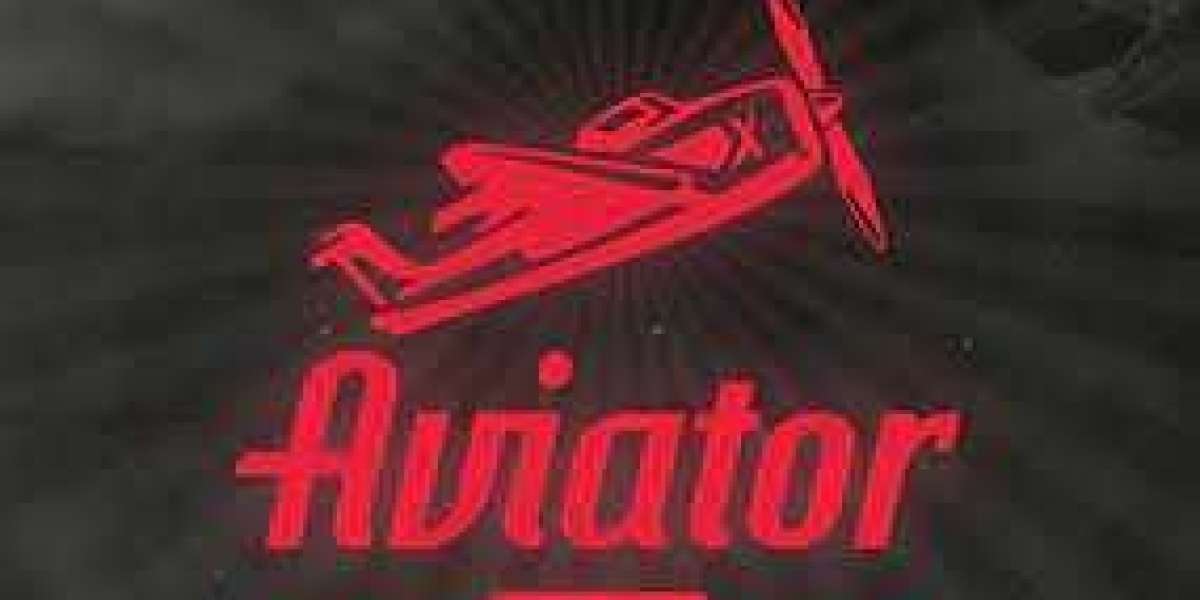
A Comprehensive Guide to Buying Licenses: What You Need to Know
In today's competitive landscape, the purchase of licenses is typically an essential element of running an effective business. Whether you are aiming to Buy Licence software application licenses for your company, a music license for your creative ventures, or a company license to guarantee compliance with local laws, understanding the subtleties of license procurement is crucial. This short article will explore the types of licenses available, outline the actions to take when buying a license, and address regularly asked concerns for clearness.
Understanding Different Types of Licenses
There are a number of types of licenses available across different markets. Below is a categorized overview of the most common licenses one might encounter:
1. Software application Licenses
Software application certifies grant users consent to operate software application applications under specified terms. These can be divided into a number of categories:
- Proprietary Licenses: The user has actually limited rights and must follow the terms stated by the software producer.
- Open Source Licenses: These enable users to modify the software's source code, adhering to copyright laws.
- Freeware Licenses: Users can use the software for free, but may deal with restrictions on redistribution and modification.
2. Company Licenses
Organization licenses are required by local, state, and federal governments to legally operate a company. Typical licenses include:
- General Business License: A basic license needed to run within a city or county.
- Professional Licenses: Required for specific occupations, such as healthcare or financing.
- Sales Tax Permit: Necessary for companies taking part in retail sales.
3. Imaginative Licenses
For artists, artists, and material creators, protective licenses guarantee the right usage of their work:
- Copyright Licenses: Control over how the work can be reproduced, dispersed, and showed.
- Music Licenses: Necessary for carrying out or utilizing music in various settings, such as radio stations or public locations.
4. Intellectual Property Licenses
These are vital for safeguarding developments and ideas:
- Patent Licenses: Allow others to manufacture or use a development.
- Hallmark Licenses: Permit others to use a brand name's identifiable symbols.
Actions to Buying a License
When meaning to purchase a license, it's important to follow a structured approach:
Step 1: Identify Your Needs
Before obtaining a license, examine the requirements of your industry or profession. Questions to think about include:
- What type of license do you need?
- Are you certified with existing policies?
- How will the license advantage your operations?
Step 2: Research Licensing Options
Conduct extensive research to identify potential suppliers or licensing authorities. Take note of their track record, pricing structures, and terms.
Think about the following throughout research study:
- Read evaluations and testimonials from other users.
- Compare rates across various licensing companies.
- Comprehend the small print in licensing contracts.
Action 3: Evaluate Legal Requirements
End up being familiar with the legal aspects of the license. Laws may differ by place, so it's suggested to seek advice from a legal advisor or organization expert.
Step 4: Budget for the License
Licenses can vary substantially in expense. Develop a budget plan that covers not just the purchase but likewise any continuous charges connected with the license. Consider if there will be a requirement for renewal.
Step 5: Make the Purchase
When you have picked the proper license and finalized the details, continue with the purchase. Keep a record of the transaction, including invoices and arrangements.
Action 6: Maintain Compliance
After getting the license, guarantee you comply with its terms to prevent legal implications. Arrange reminders for renewal dates and keep your documentation arranged.
Regularly Asked Questions (FAQs)
1. What is the difference between a license and a license?
A license typically grants permission to engage in specific activities, while an authorization frequently enables the conclusion of a specific process, such as building and construction or ecological compliance.
2. The length of time does it require to acquire a license?
The timeline can differ greatly depending upon the type of license and regional guidelines. Some licenses can be acquired on the same day, while others might need weeks or months for approval.
3. Can licenses be moved or offered?
In general, licenses are typically non-transferable, particularly proprietary software licenses. Nevertheless, some states enable for the transfer of organization licenses under specific conditions.
4. What occurs if I don't purchase the needed licenses?
Operating without the needed licenses can cause extreme penalties, consisting of fines, lawsuits, or perhaps the closure of your service.
5. Exist any discounts readily available for bulk license purchases?
Numerous software application suppliers use discount rates for buying multiple licenses at when. It's worth asking about readily available options throughout the buying procedure.
Getting the appropriate licenses is important for both people and businesses in various industries. By understanding the different kinds of licenses available, researching efficiently, and following a structured buying process, one can prevent pitfalls and ensure smooth operations. In a world where compliance is critical, taking proactive steps to secure the required licenses is a financial investment in the future stability and integrity of any endeavor.








